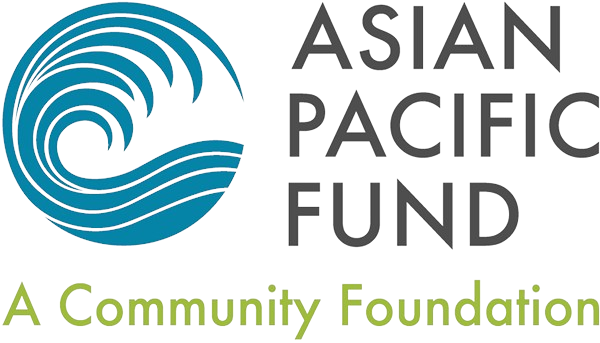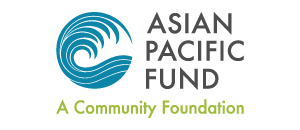Pacific Islanders Coming to the Promis Land
Etimoa Niutupuivaha, Honorable Mention
Grade 5
Oakland
My name is Moa. I was born May 21st, 2004 in Oakland, California, but my family is originally from Tonga. I am going to tell you about my family history and how it was for my family to come to America. The first one to come to this country was my great aunt, Faleaka. She came by airplane in 1962. So did my two other grandmothers, their names are Sepa and Fane. Sepa came in 1974 and Fane came in 1978. The airplane they took was Pen America. They came to have a better life. The life they had back at home was good, but they wanted better job and educational opportunities. They had to leave behind their family/friends and forget everything they grew up knowing. Life in America is different from life in Tonga.
In Tonga, my grandma and her family owned their own store. She remembers how hard her parents had to work in order to pay for her and her siblings school fees. It cost 17 dollars each for every school year. I am thankful for the free K-12 educational system here in America. These memories helped her decision to come to America. When my grandma came here, she took care of her sisters 13 kids until she got her first job as a housekeeper. She was tired of doing the same thing over again and over again, so she quit. Then she worked for the church of Jesus Christ of Latter Day Saints as the president of the primary, youth, and relief society. Her responsibilities were to teach songs to the kids in primary, schedule activities for the youth and to teach the relief society how to sew and cook. She worked at Jack in the Box for six months until she found a better job opportunity as a loans processor at World Savings for 12 years. In Tonga it is hard to make money, so every once a year we build a box filled with food and clothing and send it to my relatives.
When my grandma is bored she would always cook food. She would cook sapasui, the Tongan version of spaghetti. Sapasui is a mixture of noodles with vegetables, roast beef and soy sauce. She would cook ota, the Tongan version of sushi. Ota is raw fish with green onions, tomatoes and coconut milk. Some times when she cooks she listens and dances to Tongan music. We have a special dance called the haka. You might see the haka at the beginning of a rugby game. This dance was created by our ancestors to scare their enemies away. She laughs at me when I do American dances like the naenae, the duggy and the slowdown.
In conclusion, I am grateful that my grandma has come to America so I could have a better life. I am also grateful to be born and raised in a place full of opportunities. Above all, I am truly grateful to know my culture and where I come from. I never had the chance to see Tonga, but I spread my love to my relatives and I hope to meet them one day. I am a Tongan-American.

